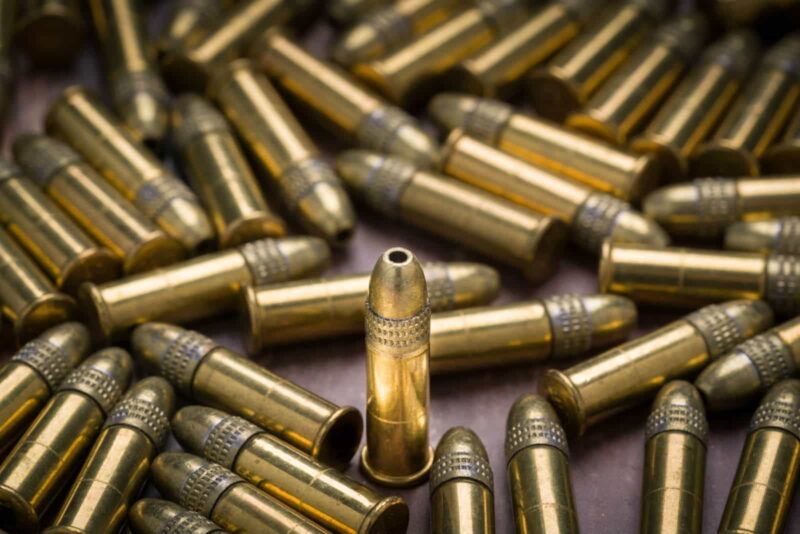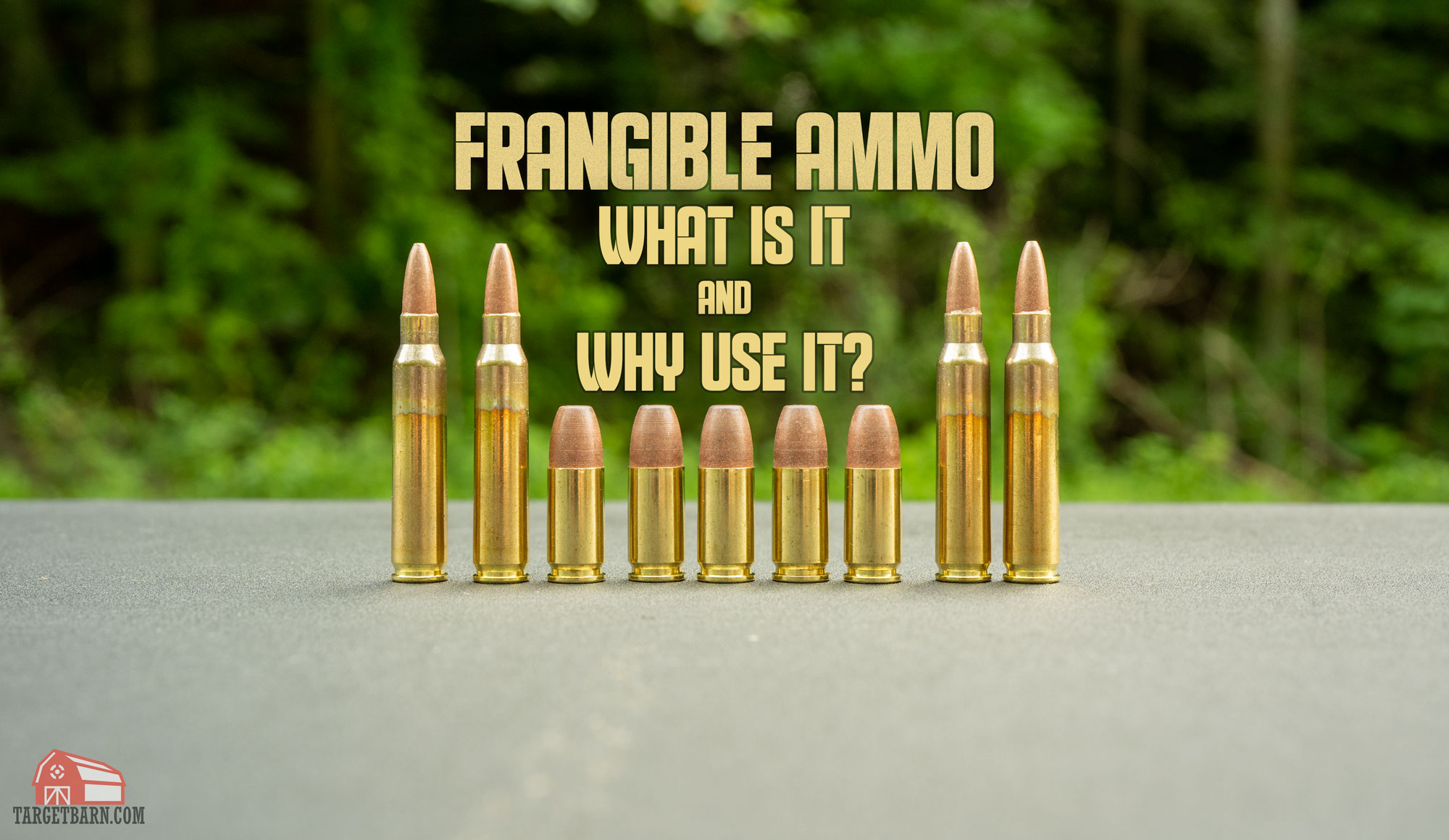Ammunition Pro Llc Can Be Fun For Everyone
Ammunition Pro Llc Can Be Fun For Everyone
Blog Article
Little Known Facts About Ammunition Pro Llc.
Table of ContentsThe Definitive Guide for Ammunition Pro LlcThe 45-Second Trick For Ammunition Pro LlcWhat Does Ammunition Pro Llc Mean?The 25-Second Trick For Ammunition Pro LlcExcitement About Ammunition Pro Llc
The basic parts of ammunition are the same for rifle, gun, and shotgun ammunition. Recognizing how ammunition functions is an important facet in being a liable gun owner. Today we're considering the what the standard parts of ammo are and just how they interact to fire a round. The fundamental components of ammo shown on a 9mm. Ammo Retailer round.It houses the guide and powder. The bullet is seated in the open end of the situation. When you discharge a bullet out of a semi-auto weapon, the weapon's extractor raises the case from the firing chamber and it flies out of the gun. The situation is also often described as shells, brass, or coverings.
A weapon's shooting pin strikes a cartridge's guide. The primer is a steel cup that holds an explosive chemical substance. When the shooting pin strikes the guide cap, it squashes the priming compound against the anvil. This creates a small explosion in the situation that ignites the propellant. The guide lies in the rim of the situation of a rimfire cartridge.
Ammunition Pro Llc Fundamentals Explained
Gunpowder next to the case that normally includes it. It is generally a mixture of saltpeter, charcoal, and sulfur.

We call the projectiles for shotshells, which we terminate with shotguns, slugs and shot. Now that you have a fundamental understanding of the fundamental parts of ammunition, you can feel a bit a lot more confident in exactly how your weapon and ammo feature!.
The Basic Principles Of Ammunition Pro Llc
Stay on top of Special Deals, Development Notification of Sales, and Store Occasions
Fun reality: Grains are made use of to describe the mass of a bullet because completely back in the very early days of firearms, it was a dispenser's device of measurement, and an usual measure was needed to determine how much cause make use of to make cast lead bullets (Shooting Supplies). 'Grains' as a system of step for weight copulates back to ancient times, and stands for the weight of a grain of wheat

(https://ammunitionprollc19901.podbean.com/)For recommendation, the weight of a paper clip has to do with 16 gr. We understand that grains are a step of mass, and much more = larger, and heavy is great? Yes, hefty is excellent, but mass of the projectile isn't the only point you need to think about when choosing a round for your weapon.
Ammunition Pro Llc for Dummies
This spin is created by grooves cut or hammered right into the inside of the barrel, which are described as 'gunning'. Fun truth, this is the beginning of the term "Rifle" ex. A rifled musket vs. smoothbore firearm. The result this spin carries projectiles is a maintaining one the bullet revolving keeps the nose aimed right, in the same way that a perfectly spiraled football throw is going to be far more stable and accurate in flight than an unsightly duck, end over end toss.
Exactly how does this relate to grain weight? Picture you're on one of those play area carousels, the ones with bars you hold on to while it spins.
Or in the situation of the carnival adventure, you begin to feel much heavier. The more mass you have (weight), the extra you will feel this effect. The exact same result happens with bullets. The heavier the projectile, the even more effect a much faster rotate will certainly carry it. This is why you have a tendency to see slower spin rates for much heavier, slower projectiles, and faster twist prices for lighter, higher speed projectiles.
Ammunition Pro Llc for Beginners
But there's an additional aspect that we have to take into consideration when picking a grain weight for our ammunition. As meant above, bullet speed, or the rate of the projectile, is a significant element when determining the finest grain weight projectile to use. Rate is affected by a few significant elements, including the type and amount of propellant (gunpowder), barrel length, and bullet weight.

One of the most typical grain weight rounds for 9x19mm cartridges are 115gr and 124gr. These are usually lead core, fully jacketed (FMJ) rounds. Both of these grain weight cartridges will carry out well in factory 9mm hand guns, to regular handgun distances (up to 50 backyards). 115 grain rounds are the most common (and therefore least pricey).
Report this page